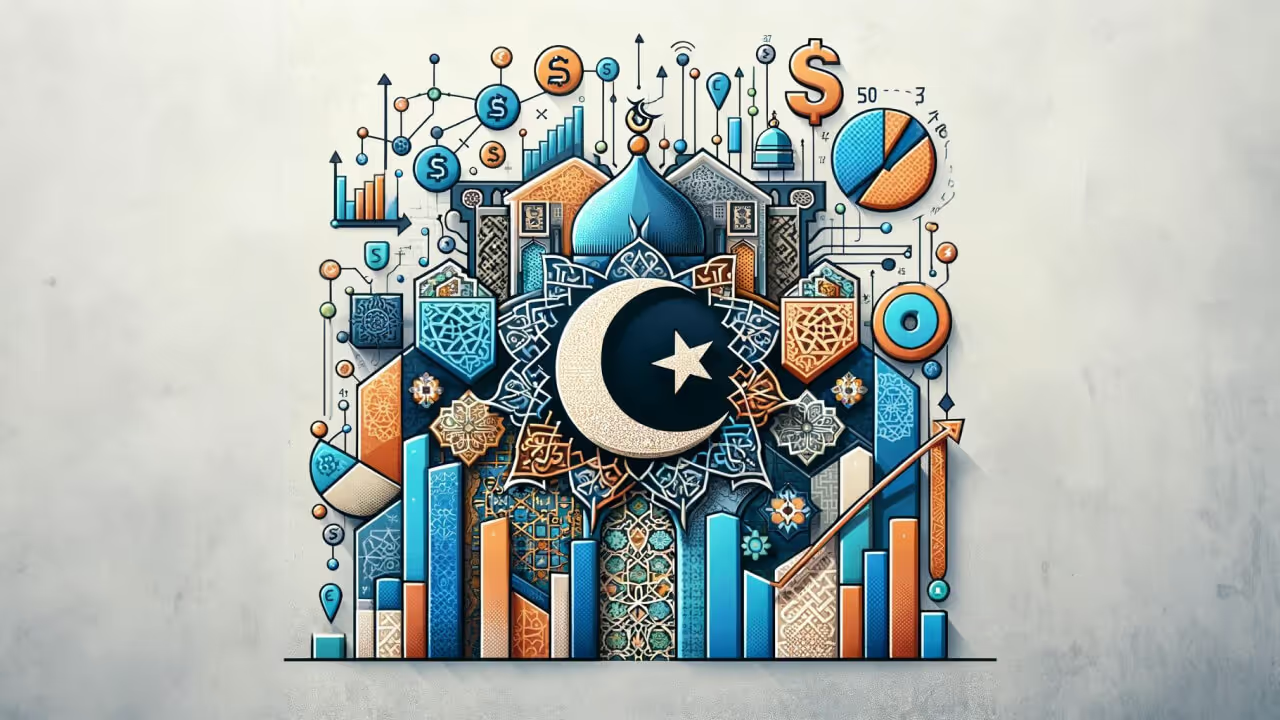ForKast
Value of Tokenisation, Reducing Barriers for Investments
In this episode 12 of Tokenize the World, our CEO Henry Chong talks about the value of tokenisation and barriers to entry for startups and how we are working with companies like Brinc to reduce barriers for investment.
Banking giant offers loans backed by tokenized commodities.
In an interesting development for the world of tokenization and how it relates to legacy asset classes, the Spanish banking giant Santander has partnered with Argentina's Agrotoken to offer loans backed by tokenized commodities like corn and soy. Could this be another sign of maturity for tokenization?
This is a really cool idea of unlocking value in farms. And if you think way back to the birth of financial markets, Wall Street was a marketplace for farmers to interact with each other and with future buyers.
How could tokenization change the commodities market as we know it today?
As you said, the initial idea behind things like commodity futures is that farmers can go out and hedge their risk. It's meant to be around making physical supply chains more efficient, not just about financial speculation. And unfortunately that's obviously a large part of what Wall Street does today.
And as I mentioned, it's very exciting to see some banks starting to move back to the roots of saying capital markets. In the original conception, it’s there to allocate capital to interesting ideas and projects that's capitalism. And unfortunately, there are too many people, banks included, who are still focused just on rent-seeking behavior and making money by being an intermediary and playing that role as a gatekeeper.
How could start-up companies also use tokenization to unlock their potential?
I don't think that tokens should be seen as an exit opportunity, or as a get-rich-quick scheme. Tokenization is just another technology layer to, as I said, make capital markets more efficient. Which in its original and conception is about helping a company with an interesting idea or a project, to raise capital so that it can actually build a real business. This is as true for startups as it is for farmers.
As you said, with these Agrotokens, farmers say: "I need capital. I want to focus on running my business. Is there a more efficient way that I can go out and raise capital? Can start to do this from people who are stakeholders of my own company?’’
Every farm has its own supply chain, they can indeed use tokenization to turn some of these stakeholders into shareholders, and then we will finally get a little closer to that original promise of capitalism.
How about art here? There's undoubtedly a lot of buzz about the NFT space. There's also been a lot of criticism over plagiarism, theft and what buyers are really getting for their money.
What is the need for an underlying asset to a token where unlocking value is concerned?
The question is, do these tokens give you either:
1. legal or contractual rights, copyright or ownership to some kind of underlying asset (physical or digital?)
2. or utility value?
I think both of those two things, either real ownership or utility, are very exciting in the NFT space. And to me, that's really where NFTs need to progress to. What I call NFT 2.0 where they start to be linked to real assets. And right now the honest truth is that most NFTs don't work that way. It's a massive problem. Again, no different than what we're trying to sayin the security token space, which is: the technology is very exciting, but make sure that your tokens represent something real.




